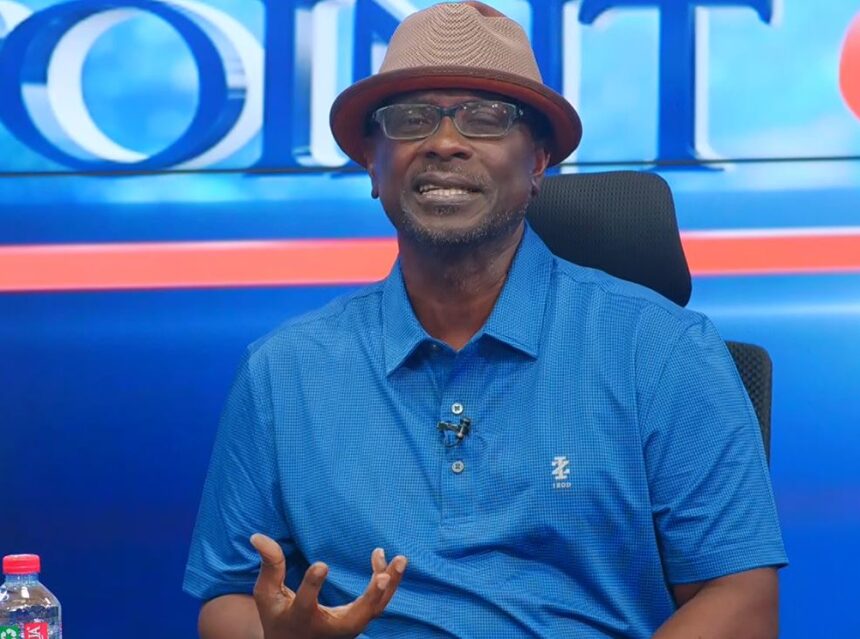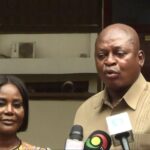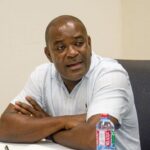Legal scholar Professor Stephen Kwaku Asare, also known as Kwaku Azar, has questioned whether the prosecutions of several politically sensitive cases—now discontinued by Attorney-General Dominic Ayine—were ever backed by strong enough evidence.
Since the start of President John Mahama’s second administration, cases involving high-profile figures linked to the opposition National Democratic Congress (NDC), including Dr Stephen Opuni, Alhaji Seidu Agongo, Dr Cassiel Ato Forson, Mr Samuel Ofosu Ampofo and Mr Collins Dauda have been dropped.
Other cases involving technocrats like Dr Johnson Asiama, recently appointed Governor of the Bank of Ghana; Dr Ernest Thompson, former Director-General of the Social Security and National Insurance Trust (SSNIT); and activist Oliver Barker-Vormawor, have all been discontinued.
Investigative journalist Manasseh Azure has raised concerns over why these cases were being “cleared” rather than being allowed to take their natural course.
However, Prof Asare argues: “Each of these cases has been in the judicial system for at least seven years. If a case has been in court for nearly a decade without a conviction, it is reasonable to ask whether the evidence was ever strong enough to meet the legal threshold.”
He pointed to a case where the Court of Appeal overturned a trial judge’s decision that the defence must open its case, implying that the prosecution had not met the required burden of proof.
“Why were these cases not successfully prosecuted, even when some claim the courts were favourable to the prosecution? Were they hurriedly initiated? Was the evidence insufficient? Were the charges politically motivated?” he asked.
Prof Asare stressed that “good governance does not mean insisting that prosecutions must continue indefinitely. It means ensuring that justice is pursued fairly, efficiently, and based on solid legal foundations.”
Addressing critics of the Attorney-General’s decision, he questioned: “Are you seriously suggesting that defendants whose cases have been dismissed should still be prosecuted? Are you saying that these trials should extend into a ninth or tenth year with no clear path to conviction? Justice is not served by perpetuating legal uncertainty.”
He urged for a shift in focus, arguing that instead of framing the issue as a political one, “it would be more constructive to ask: How do we ensure that politically sensitive prosecutions are built on strong legal foundations rather than expedient narratives?”
According to him, “the true measure of a strong legal system is not the length of prosecutions but their ability to deliver fair, timely, and legally sound outcomes.”
While affirming the need for accountability in cases of corruption and financial misconduct, he said this must be done “in a neutral and principled manner, refusing to politicise the fight against corruption.”
Prof Asare concluded that pursuing weak cases indefinitely does not serve the cause of justice.
“Justice is not served by keeping individuals in legal limbo for years when cases lack the strength to secure convictions. The rule of law demands not only the pursuit of accountability but also efficiency and fairness in legal proceedings,” he asserted.
Kwaku Azar questions strength of evidence in “cleared” prosecutions

Leave a Comment





